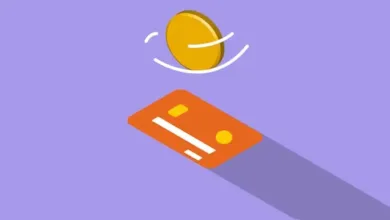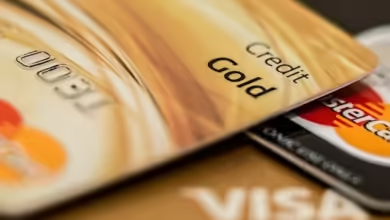10 Proven Strategies to Improve Debt Management and Achieve Financial Freedom

Table of Contents
Improve Debt Management: Managing debt can be overwhelming, but with the right strategies, you can regain control of your finances and work towards a debt-free future. Here, we outline proven methods to help you improve your debt management effectively.
1. Create a Detailed Budget
A well-organized budget is the foundation of effective debt management. By tracking your income and expenses, you can identify areas where you can cut back and allocate more funds toward debt repayment. Include all sources of income and list all fixed and variable expenses to get a clear picture of your financial situation.
2. Prioritize Your Debts
Not all debts are created equal. High-interest debts, such as credit card balances, should be your top priority because they accumulate interest quickly, increasing the total amount you owe. Consider using the debt avalanche method, which involves paying off debts with the highest interest rates first, or the debt snowball method, where you focus on the smallest debts first for quicker wins.
3. Consider Debt Consolidation
If you have multiple debts with varying interest rates, debt consolidation can simplify your payments and potentially lower your interest rate. By combining multiple debts into a single loan with a fixed interest rate, you can reduce the number of payments you need to manage and make your debt more manageable.
4. Negotiate Lower Interest Rates
Many people don’t realize that they can negotiate lower interest rates on their credit cards and loans. Contact your lenders and request a lower rate, especially if you have a good payment history. Even a slight reduction in your interest rate can lead to significant savings over time.
5. Automate Your Payments
Missed or late payments can lead to additional fees and negatively impact your credit score. Set up automatic payments for your debts to ensure you never miss a due date. This will also help you stay on track with your repayment plan without the need to remember multiple deadlines.
6. Cut Unnecessary Expenses
Reducing your spending can free up more money to put toward your debt. Review your budget to identify non-essential expenses, such as dining out, subscriptions, or entertainment costs, that you can reduce or eliminate. Redirecting these funds towards debt repayment can accelerate your progress.
7. Increase Your Income
If possible, look for ways to boost your income, such as taking on a part-time job, freelancing, or selling unused items. Additional income can help you pay off your debts faster and reduce the overall interest you’ll pay.
8. Seek Professional Advice
If your debt is overwhelming, consider seeking help from a financial advisor or a credit counseling service. These professionals can provide personalized advice and help you create a debt management plan tailored to your situation. They can also negotiate with creditors on your behalf to reduce interest rates or restructure your payments.
9. Avoid Taking on More Debt
It’s essential to avoid accumulating more debt while you’re working on paying off your existing balances. Limit your use of credit cards and avoid taking out new loans unless absolutely necessary. Focus on living within your means and using cash or debit cards for purchases.
10. Stay Committed and Be Patient
Improving your debt management is a process that takes time and discipline. Stay committed to your plan and be patient with your progress. Celebrate small victories along the way, and keep your long-term financial goals in mind.
External Resources:
- Consumer Financial Protection Bureau: Managing Debt – A government resource offering guidance on managing debt effectively.
- National Foundation for Credit Counseling: Debt Relief Solutions – Information on different debt relief options and how to access professional help.
- Investopedia: Debt Management Plans – An explanation of debt management plans and how they can assist in debt repayment.
These strategies, combined with dedication and careful planning, can help you effectively manage your debt and work towards financial freedom.





